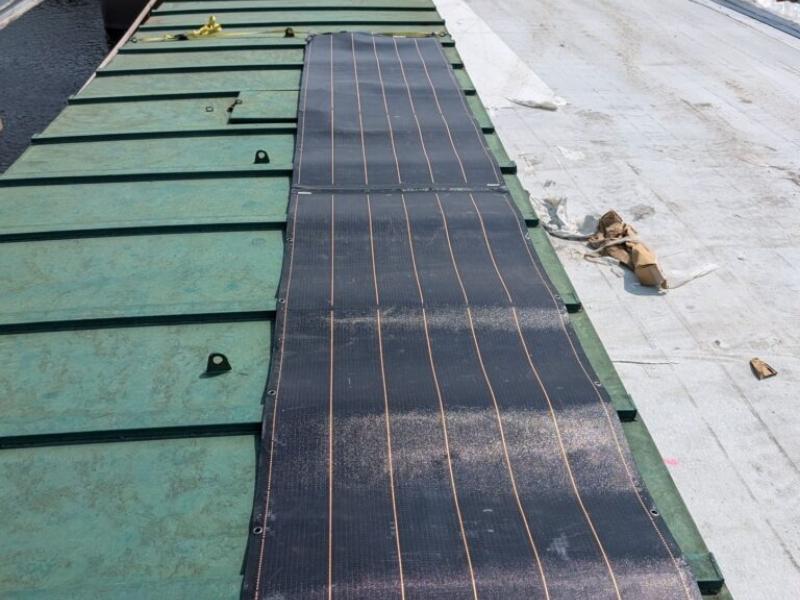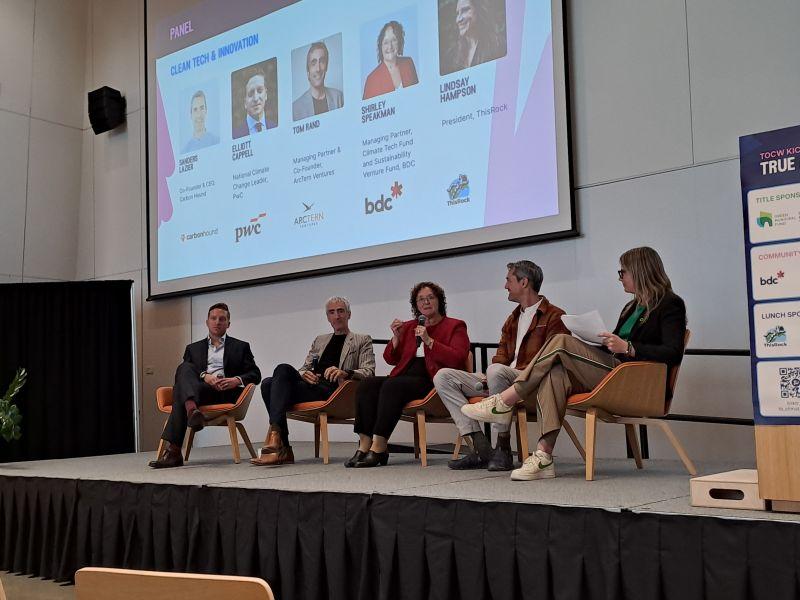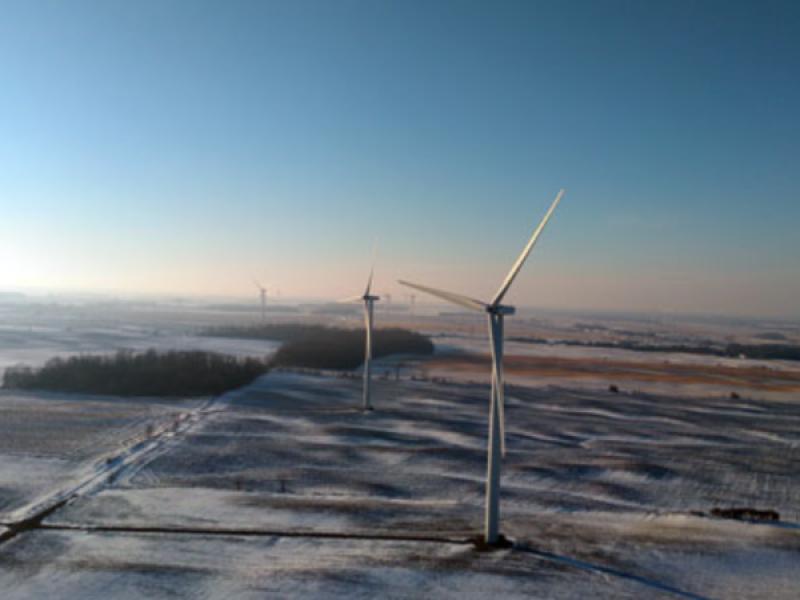
The Toronto Transit Commission (TTC) has ordered up to 1,162 battery-electric buses under new multi-year contracts with Nova Bus and New Flyer Industries Canada ULC.
Sainte Eustache, Que.-based Nova Bus will supply up to 541 of its long-range battery-electric buses, while New Flyer will provide up to 621 buses.
The TTC operates over 156 bus routes with a fleet of over 2,000 buses, serving over 111 million passengers per year, based on 2021 data.
These contracts will support the bus fleet electrification efforts of the TTC, part of its commitment to reduce its greenhouse gas emissions by 50 per cent by 2030, and to be net-zero by 2040 or sooner.
"We are delighted to build on our strong relationship with the TTC for this award of LFSe+ electric buses," Nova Bus president Ralph Acs said in a statement.
"The TTC has a long history of leading in battery-electric transit solutions and this announcement is in line with the agency's long-term sustainability goals. We couldn't be happier to be part of that journey to support the TTC with its zero-emissions commitment and the City of Toronto's goal of reducing 80 per cent of its vehicle emissions by 2050."
Nova Bus is a member of the Volvo Group. Its portfolio includes electric, hybrid, compressed natural gas and clean diesel buses, high-capacity vehicles as well as integrated intelligent transportation systems.
New Flyer is a subsidiary of Winnipeg-based NFI Group Inc. (NFI-T). It has over 35,000 heavy-duty transit buses in service, of which 8,600 are powered by electric motors and battery propulsion; 1,900 are zero-emission.
TTC and New Flyer
The five-year contract includes a firm order for 186 of the 40-foot Xcelsior CHARGE NG heavy-duty transit buses, as well as the option for TTC to purchase up to an additional 435 of the same buses.
The contract also includes options for other agencies in Ontario to enter into their own agreements with New Flyer for up to 550 buses over four years.
The TTC previously purchased 25 New Flyer battery-electric buses used in a head-to-head pilot project comparing electric vehicles from several manufacturers.
“Building on our partnership with TTC spanning over half a century, this new order supports the TTC’s efforts towards net-zero goals for a healthier and more sustainable future,” NFI’s president of North American bus and coach Chris Stoddart said in a statement.
“We are proud of the performance from the active in-service trial and are excited to add to the New Flyer fleet at TTC. The ability for TTC to have fleet commonality across New Flyer Xcelsior bus platforms with different propulsion systems speaks to our design and supportability.”
It builds on a 2022 TTC order to NFI for 134 Xcelsior 40-foot, hybrid-electric heavy-duty transit buses and 68 Xcelsior 60-foot, hybrid-electric buses. That four-year contract includes options for up to an additional 263 40-foot hybrid-electric buses and 100 60-foot buses, respectively.
Nova Bus and TTC
The order is made possible by a joint investment of $700 million from the federal government’s Zero Emission Transit Fund and the City of Toronto toward the electrification of the TTC bus fleet. The funding will cover the purchase of battery-electric buses, chargers and support upgrades related to sites and infrastructure.
The base order is for 124 of Nova Bus’s LFSe+, with a potential to order an additional 12 buses and up to 405 units in options. Buses from the base order will be delivered over a two-year period starting in 2024.
Over the past 10 years, Nova Bus has delivered over 1,300 vehicles to the TTC, including hybrid-electric buses. This the first time the TTC has ordered the LFSe+.
The order also includes an adoption process for other agencies in Ontario to enter into their own agreements with Nova Bus for up to 550 buses over four years.
The 40-foot bus has a modular battery that can store up to 564 kilowatt-hours, offering a range between 340 and 470 kilometres.
This order comes shortly after a contract in May awarded to Nova Bus for up to 1,229 of the LFSe+ models from the Société de transport de Montréal, valued at up to $2.114 billion.
That base order is for 339 units at $583 million, with an option of 890 units valued at $1.531 billion. The announcement called it the most significant single order of electric buses in North American history.










